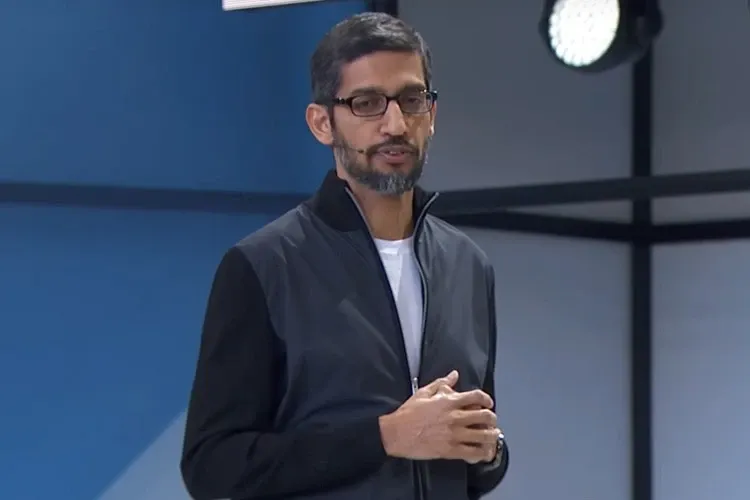CES 2026: Qualcomm Bolsters IoT, Automotive, and Robotics Solutions
Qualcomm unveiled several product updates alongside the launches of new products ahead of the official opening of CES 2026.

At the I/O developer conference last year, Google debuted its first chip. The company kept the component mostly for internal artificial intelligence needs. Now, version two has arrived, and Google is selling this one, according to Bloomberg.
CEO Sundar Pichai announced the new chip during a keynote address at the annual I/O event. Normally, the gathering focuses on mobile software. This year’s spotlight on hardware underscores Pichai’s effort to transform the search giant into an "AI-first" company and a real cloud-computing contender.
Companies will be able to purchase the hardware, called Cloud Tensor Processing Units (TPUs), through a Google Cloud service. Google hopes it will quicken the pace of AI advancements. And despite official statements to the contrary, it may also threaten Intel and Nvidia, the main suppliers of powerful semiconductors that run large processing tasks.
"This is basically a supercomputer for machine learning," Urs Hölzle, Google’s veteran technical chief, said. Machine learning is behind Google’s recent progress on voice recognition, text translation and search rankings. But the approach cost a lot, and sucked up computing time in Google’s data centers. The latest chip was designed to address these issues, and executives said they saw dramatic improvements after putting the component to work on these internal tasks.
Google wouldn’t divulge the chip’s price, what company manufactures it, or when the related cloud service goes on sale. They still purchase processors from Intel and Nvidia. But by relying more on in-house designs, they could trim their multi-billion-dollar annual computing bill. Google plans more chips like this, and sees the components as essential for success in the cloud, a key part of Alphabet’s push to make money beyond digital advertising.
During his keynote, Pichai also introduced a flurry of machine learning updates for Google’s products, including a photo-editing tool and new features for its digital assistant. He also unveiled a new web portal housing all of the company’s artificial intelligence efforts. Google’s cloud business grew by more than 80 percent last year, according to estimates from Synergy Research. But Amazon Web Services still has over 40 percent of the public cloud market, and continues to expand at a steady clip. Google is third, according to industry estimates.
To gain share, Google is leaning on its AI prowess. The Cloud TPU chip won’t be sold to Dell and other makers of servers that power traditional corporate data centers. To get the benefits, customers will have to sign up for a Google cloud service and run their software tasks and store their data on Google’s equipment. If companies get on board, Google insists, they can plumb their own data for unseen efficiency gains and profit.
AWS and no. 2 player Microsoft, make similar cases. So Google’s pitch stresses performance. A single Cloud TPU device, composed of four chips, is nearly 12,000 times faster than IBM’S Deep Blue supercomputer, the famous chess victor from 1997, Hölzle said. Google is stringing 64 of the devices into "pods" that sit in its data centers. Google is less experienced at selling chips, so it’s being cautious about commercial deployment.